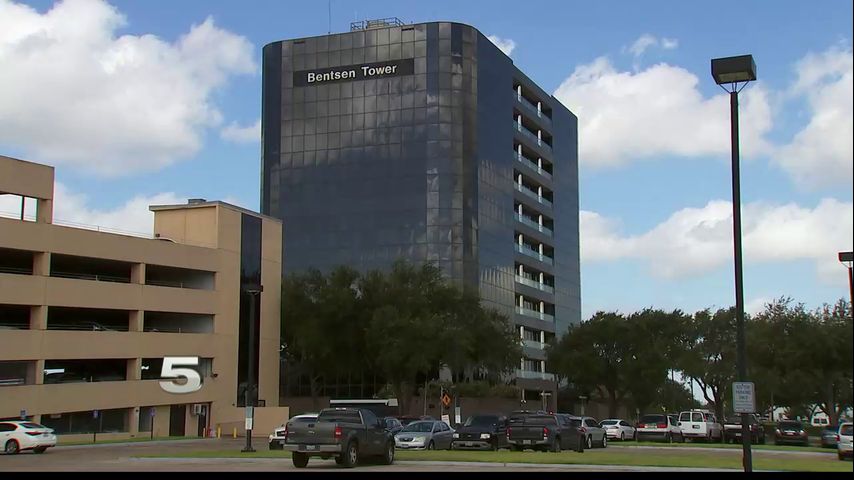Former Gulf Cartel plaza boss pleads guilty to drug trafficking charge
The former Gulf Cartel plaza boss for Miguel Aleman pleaded guilty to a federal drug trafficking charge on Friday.
Abiel Gonzalez-Briones negotiated a deal with federal prosecutors and pleaded guilty Friday morning during a hearing before U.S. District Judge Randy Crane in McAllen.
Gonzalez-Briones, known as “R-2” and “Tacua,” was the Gulf Cartel plaza boss in Miguel Aleman, according to a report published by the Mexican Secretariat of Public Security. The Mexican federal police arrested Gonzalez-Briones and other Gulf Cartel operatives in August 2011.
“Obviously, this is an extremely old case,” said attorney Gocha Allen Ramirez of Rio Grande City, who represents Gonzalez-Briones. “And this is something that we worked long and hard to work out for Mr. Gonzalez.”
What happened to Gonzalez-Briones after his arrest in Mexico remains unclear. He resurfaced in January 2020, when the United States government arrested Gonzalez-Briones on old drug trafficking charges.
The case against Gonzalez-Briones started in 2009, when the U.S. Drug Enforcement Administration and U.S. Immigration and Customs Enforcement targeted another Gulf Cartel boss: Gumercindo “El Aguila” Gamez-Villarreal.
Gamez-Villarreal controlled Diaz Ordaz and worked closely with smugglers in Sullivan City.
Agents seized nearly 4,900 pounds of marijuana during the investigation, according to federal court records. They also intercepted thousands of phone conversations.
Prosecutors charged more than 30 people, including former Sullivan City police Chief Hernan Guerra, with drug trafficking. The names of at least 11 defendants remain sealed.
Gamez-Villarreal, though, slipped away.
The U.S. Marshals Service raided several ranches linked to Gamez-Villarreal but never captured him.
“And by the time we would get there, they would be gone. Because, somehow, they would hear of it before we would actually be out there,” said DEA Agent A. Marisol Farias, who testified during a February 2018 hearing in the case. “We had information that paperwork was getting out there somehow. And we believe it was through law enforcement — somebody had contact with some kind of law enforcement.”
The Tamaulipas Attorney General’s Office found Gamez-Villarreal dead in August 2016, apparently murdered during a power struggle.
During the investigation, the DEA intercepted phone calls between Gonzalez-Briones and other Gulf Cartel operatives.
A grand jury indicted Gonzalez-Briones on two drug trafficking charges.
The indictment remained sealed until January, when Gonzalez-Briones was arrested. He pleaded not guilty.
After 10 months in jail, Gonzalez-Briones struck a deal with prosecutors.
Gonzalez-Briones agreed to plead guilty to use of a communication facility in causing or facilitating the commission of felonies under the Controlled Substance Act, which is punishable by a maximum of four years in prison.
In exchange, prosecutors agreed to dismiss the original drug trafficking charges, which included a conspiracy charge punishable by 10 years to life in prison.
The plea agreement and a document called a criminal information, which contains the new charge against Gonzalez-Briones, remain sealed.
During the hearing on Friday morning, however, Assistant U.S. Attorney Patricia Cook Profit said the new charge resulted from a phone call on Sept. 2, 2009.
U.S. Border Patrol agents had just seized 1,032 pounds of marijuana from a Ford F-250 abandoned in the Rio Grande near Los Ebanos, Profit said. The DEA intercepted a phone call between Gonzalez-Briones and another Gulf Cartel operative.
“I’m fed up with ‘Aguila,’ comandante, he went and threw a truck right there in front of my ranch,” Profit said, quoting what Gonzalez-Briones told the other Gulf Cartel operative during the phone call.
Sentencing may be scheduled for late December or early January.





